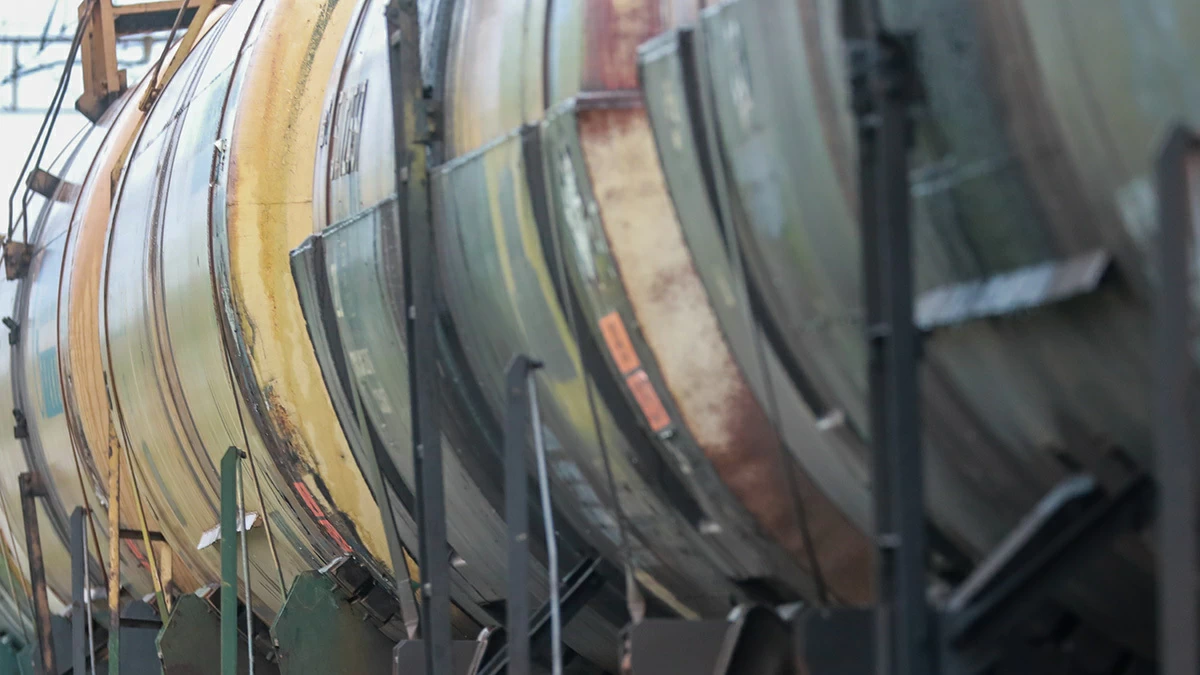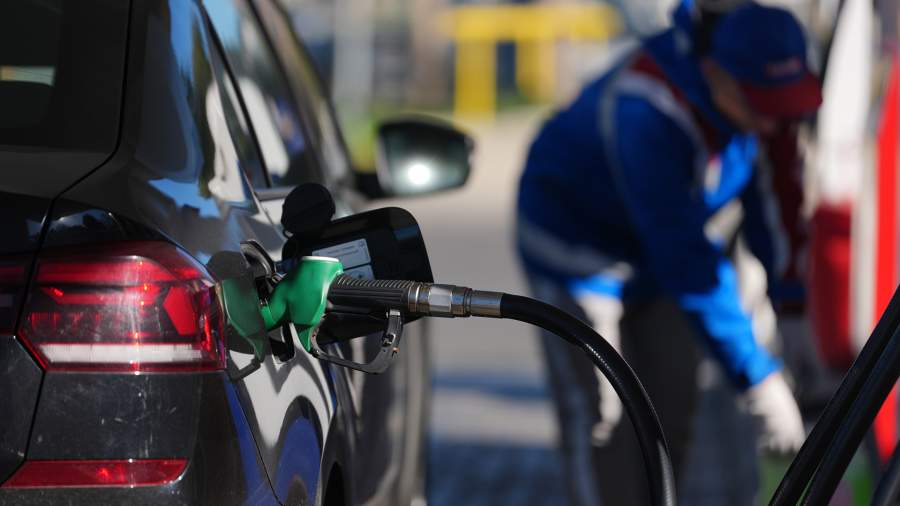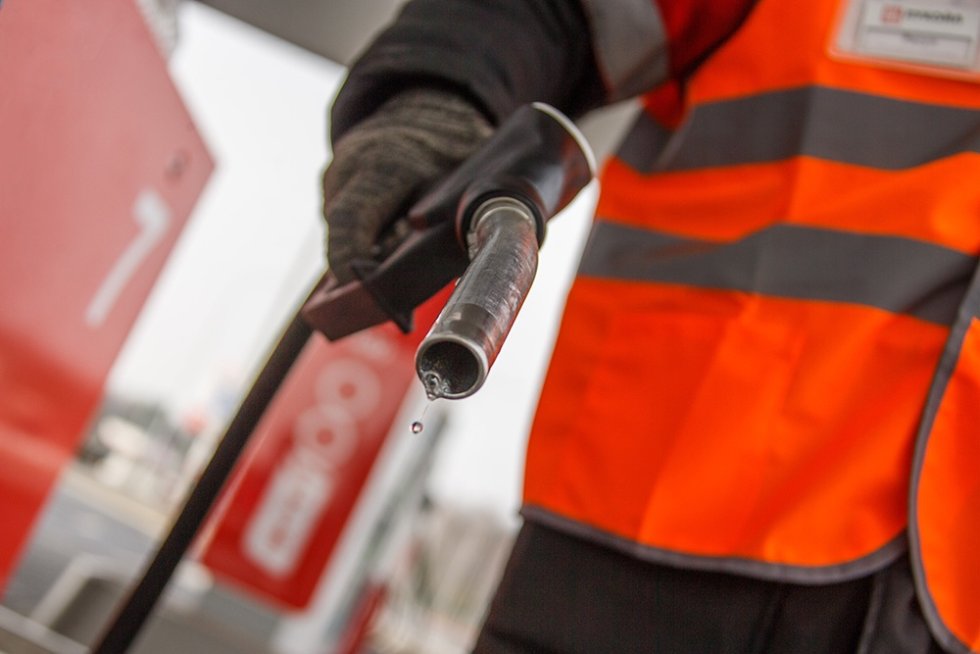Kazakhstan Opts to Route All Oil Exports Through Russia: What Led to This Decision in Astana?
Kazakhstan has decided to channel its entire oil export through the Caspian Pipeline Consortium (CPC), traversing Russian territory. Astana has suspended deliveries via the competing Baku-Tbilisi-Ceyhan (BTC) pipeline.
The country has taken this step temporarily due to issues with Mediterranean pipelines, which became contaminated with Azerbaijani Azeri Light oil containing chlorine. This contamination occurred in late July, with reports indicating that this chlorine-laden oil reached an Italian refinery and also ended up in the Czech Republic. Romania was particularly affected, receiving 92,000 tonnes of the contaminated Azerbaijani oil loaded at the Ceyhan port in July. The oil import was halted, leading to a state of emergency being declared in Romania, where authorities requested emergency stocks of oil and diesel to ensure the continuous operation of refineries and maintain market fuel balance. One Romanian media outlet even baselessly accused Russia of possibly introducing chlorine into the BTC pipeline.
"It may take around three months to rectify the contamination caused by chlorine. This includes not only work on the pipelines but also inspections that must demonstrate that the quality of the crude complies with buyer requirements,” states Sergey Tereshkin, CEO of Open Oil Market.
Meanwhile, the presence of chlorine in oil is not a cause for alarm. In general, organic chlorides are used to enhance oil production; however, exceeding acceptable levels of these compounds in oil can harm refineries.
"When chlorinated organic compounds entered the Druzhba pipeline, what did we do? We rapidly pumped out all the contaminated oil into storage tanks, as there are many such facilities along the pipeline. Plus, we redirected oil into empty branches of the pipeline, which we used as storage systems. After pumping out the contaminated oil, we freed one line of the pipeline and began to transport clean oil through it. Gradually, over the course of a month, we added the chlorinated oil to the clean oil in a manner that kept the levels compliant with regulatory standards,” explains Igor Yushkov, an expert at the Financial University under the Government of the Russian Federation and the National Energy Security Fund (FNEB).
In other words, there is no need to dispose of contaminated chlorinated oil, nor is it necessary to clean it. It simply needs to be stored properly, and its volume can be gradually mixed with clean oil.
Storage solutions could include reservoirs at the refinery, at the port, or even the tankers themselves, the expert adds.
"The oil that arrived by tanker in Romania should simply have been pumped back into the tanker, and gradually mixed with standard oil from there. This isn’t a major challenge, and storing oil in tankers is relatively inexpensive. The key is that the contaminated oil will not go to waste," adds Yushkov.
Regarding Kazakhstan, the country is exporting oil both through Russia via the CPC and through the Azerbaijani BTC pipeline. Tereshkin believes that diversifying Kazakhstan’s supply routes is a normal occurrence, even amidst 'technological' stability in oil and gas exports. However, the Azerbaijani route is significantly longer and more expensive compared to that through Russia.
"The Azerbaijani route incurs higher costs because the oil first needs to be piped to the Kazakh coast, then loaded onto a tanker, transported across the Caspian Sea, and unloaded at Baku. After that, it enters the BTC pipeline. In Ceyhan, the oil must again be loaded onto a tanker to reach markets such as France, Italy, and other regions of Southern Europe. Additionally, the transit fees on this pipeline are substantial," explains Igor Yushkov.
According to him, the decision to transport part of the oil through this route was politically motivated, aiming to reduce reliance on Russian transportation since the CPC runs through Russian territory. Kazakhstan is attempting to diversify its oil delivery routes to demonstrate its independence from Russia, says the expert.
Traditionally, more than 50 million tonnes of oil is transported via the CPC. This is a separate pipeline, but there are other pipelines within Russia as well. Overall, Kazakhstan contributes more than 10 million tonnes of oil to the Transneft pipeline system each year, with exports not only flowing through Novorossiysk but also through Ust-Luga.
"These are fabricated threats from Kazakhstan towards Russia. Russia has never refused Kazakhstan in the transportation of its oil."
Periodic accidents have occurred on the pipelines; for instance, in 2022, there were issues with equipment supply for repairs that caused delays. However, Russia has never directly impeded the transportation of Kazakh oil, even when Kazakhstan requested the transit of its oil through Ust-Luga to Germany. It would have been easy to refuse, given that Germany took over our oil refineries, but we did not do so, and Germany currently receives 2 million tonnes of Kazakh oil transported through Russia, states the FNEB expert.
Nonetheless, the BTC pipeline cannot accurately be deemed a competitor or threat to the transit of Kazakh oil through Russia. The reality is that Kazakhstan is unlikely to be able to shift its entire export to this route.
"Azerbaijan cannot accommodate significant quantities of Kazakh oil through this pipeline. Baku itself states that if they accept more than 1.7 million tonnes of Kazakh oil, it will be economically unviable. Kazakh oil is heavier and more sulphurous, resembling Russian Urals oil, whereas Azerbaijani oil is lighter and less sulphurous, but also more expensive. If more than 2 million tonnes of Kazakh oil are fed into the pipeline, its output quality will change. Consequently, Azerbaijani companies would be delivering more expensive oil to the pipeline while receiving cheaper oil at the exit. Who will cover the price difference? Currently, Kazakhstan is evidently not prepared to make such economic and demeaning sacrifices," explains Igor Yushkov.
Source: VZGLYAD




